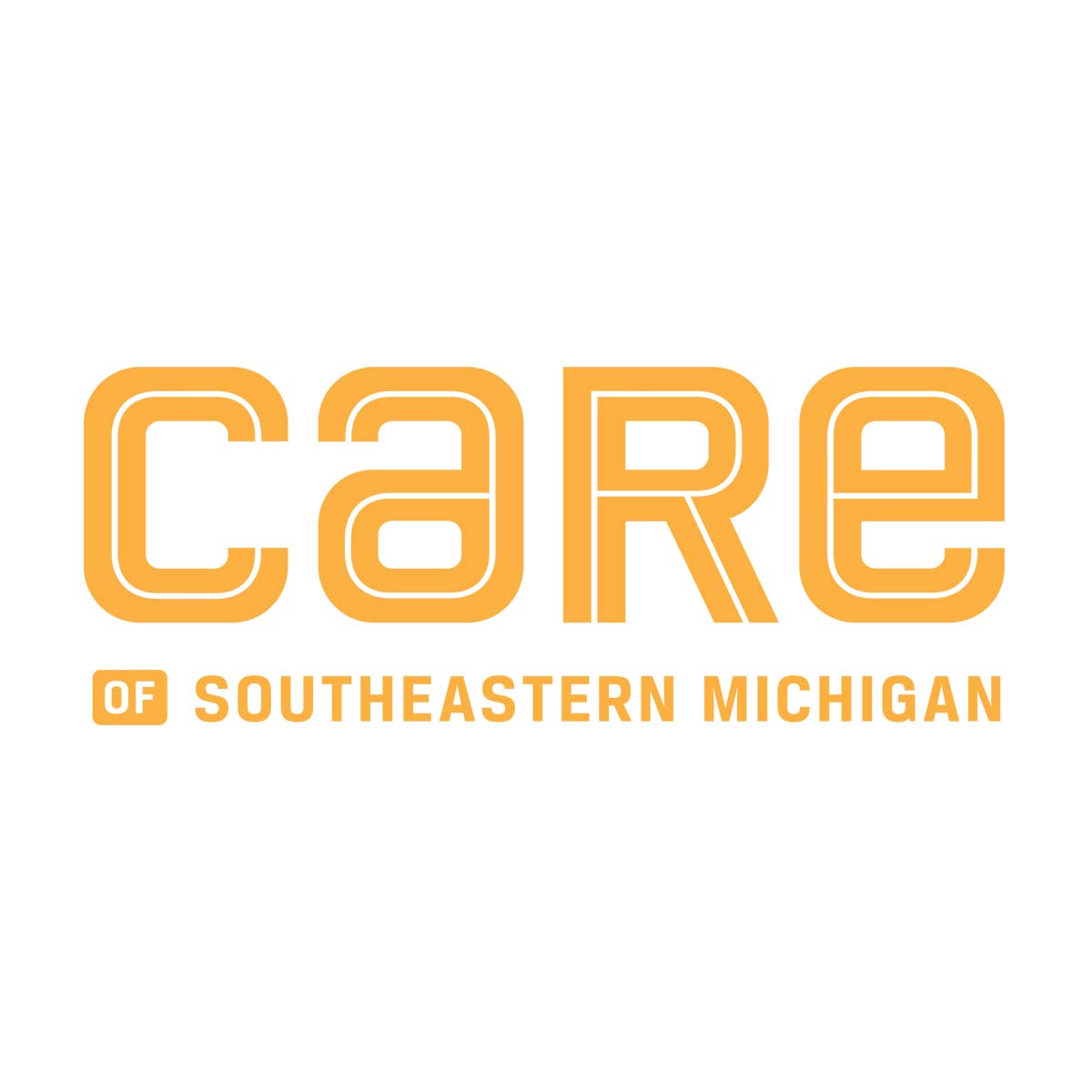
Uncategorized
Macomb County medical board: EMS opioids overdose treatment up during COVID-19
A significant increase in the use of an opioid antidote and a slight rise in all drug-overdose runs by Macomb County ambulances are among signs of increased drug use since the COVID-19 pandemic began.
The Macomb County Medical Control Authority reports a 23% increase in the use of naloxone, commonly known as Narcan, by emergency medical technicians during responses for the three-month period from May through July 2020 compared to the same time frame in 2019. Narcan, administered through the nose, immediately halts an overdose.
“This is consistent with anecdotal things we’re hearing in the community,” said Debbie Condino, executive director of the Authority.
Meanwhile, two nonprofit substance-abuse treatment organizations — Fraser-based CARE of Southeastern Michigan and Quality Behavior Health in Sterling Heights and Detroit – have been doling out Narcan and have seen other impacts on treatment due to COVID-19.
The developments coincide with state and national reports of increased drug overdoses and alcohol consumption during the pandemic due to isolation and related factors resulting from lockdowns and closures.
Statewide, Emergency Medical Services responses for opioid overdoses increased for all regions, although Macomb County’s jump is less than the state numbers, according to data released about three weeks ago by the Michigan Department of Health and Human Services. It also increased for nearly all demographics in Michigan, except those age 65 and older.
EMS responses for opioid overdoses in all of Michigan increased by 33 percent from April to May of this year. In addition, EMS responses for opioid overdoses from April through June 2020 were 26 percent higher than the same period in 2019.
State officials said in a news release it is premature to assume if their is a link between the pandemic and opioid overdose deaths.
“It is too early to determine if opioid overdose deaths have increased following the onset of the pandemic due to the length of time required to finalize death certificates,” a news release said.
At Quality Behavioral Health facilities, there has been an approximately 20% increase in patients coming in for treatment, said Naveed Syed, president and CEO.
“People are homebound now and have a lot of anxiety because of this,” Syed said. “People are anxious and depressed with nothing to do.”
“Isolation is hard enough for anybody, let alone somebody with substance-abuse disorder,” said Jamie Dalton, a peer recovery coach for CARE.
Susan Styf, CARE president and CEO, said the situation has been concerning because while drug use has gone up, the ability to provide services has been more challenging.
To read the entire Macomb Daily article: Click Here.